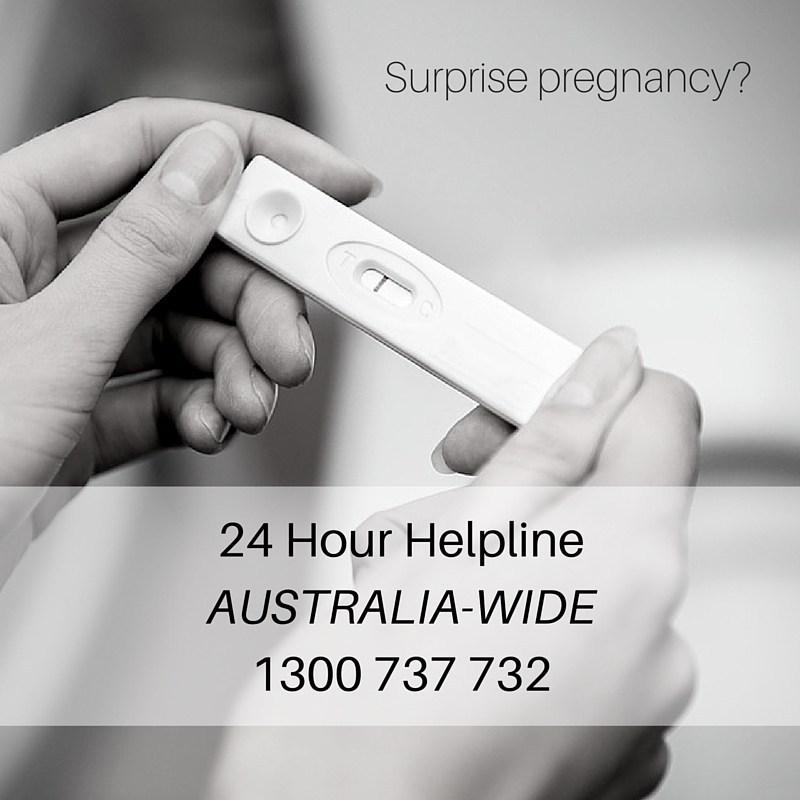Evangelium Vitae #8
Cain was ‘very angry’ and his countenance ‘fell’ because ‘the Lord had regard for Abel and his offering’ (Gen 4:4-5). The biblical text does not reveal the reason why God prefers Abel’s sacrifice to Cain’s. It clearly shows however that God, although preferring Abel’s gift, does not interrupt his dialogue with Cain. He admonishes him, reminding him of his freedom in the face of evil; man is in no way predestined to evil. Certainly, like Adam, he is tempted by the malevolent force of sin which, like a wild beast, lies in wait at the door of his heart, ready to leap on its prey. But Cain remains free in the face of sin. He can and must overcome it: ‘Its desire is for you, but you must master it.’ (Gen 4:7)
Envy and anger have the upper hand over the Lord’s warning, and so Cain attacks his own brother and kills him. As we read in the Catechism of the Catholic Church: ‘In the account of Abel’s murder by his brother Cain, Scripture reveals the presence of anger and envy in man, consequences of original sin, from the beginning of human history. Man has become the enemy of his fellow man.’
Brother kills brother. Like the first fratricide, every murder is the violation of the ‘spiritual kinship‘ uniting mankind in one great family, in which we all share the same fundamental good: equal personal dignity. Not infrequently, the kinship ‘of flesh and blood’ is also violated, for example when threats to life arise within the relationship between parents and children, such as happens in abortion, or when, in the wider context of family or kinship, euthanasia is encouraged or practised.
At the root of every act of violence against one’s neighbour there is a concession to the ‘thinking’ of the evil one, the one who ‘was a murderer from the beginning’ (Jn 8:44). As the Apostle John reminds us: ‘For this is the message which you have heard from the beginning, that we should love one another, and not be like Cain who was of the evil one and murdered his brother’ (1 Jn 3: 11-12). Cain’s killing of his brother at the very dawn of history is thus a sad witness of how evil spreads with amazing speed: man’s revolt against God in the earthly paradise is followed by the deadly combat of man against man.
After the crime, God intervenes to avenge the one killed. Before God, who asks him about the fate of Abel, Cain, instead of showing remorse and apologising, arrogantly eludes the question: ‘I do not know; am I my brother’s keeper?’ (Gen 4:9). ‘I do not know’. Cain tries to cover up his crime with a lie. This was and still is the case, when all kinds of ideologies try to justify and disguise the most atrocious crimes against human beings. ‘Am I my brother’s keeper?’: Cain does not wish to think about his brother and refuses to accept the responsibility which every person has towards others. We cannot but think of today’s tendency for people to refuse to accept responsibility for their brothers and sisters. Symptoms of this trend include lack of solidarity towards society’s weakest members - such as the elderly, the infirm, immigrants, children - and the indifference frequently found in relations between the world’s peoples even when basic values such as survival, freedom and peace are involved.

